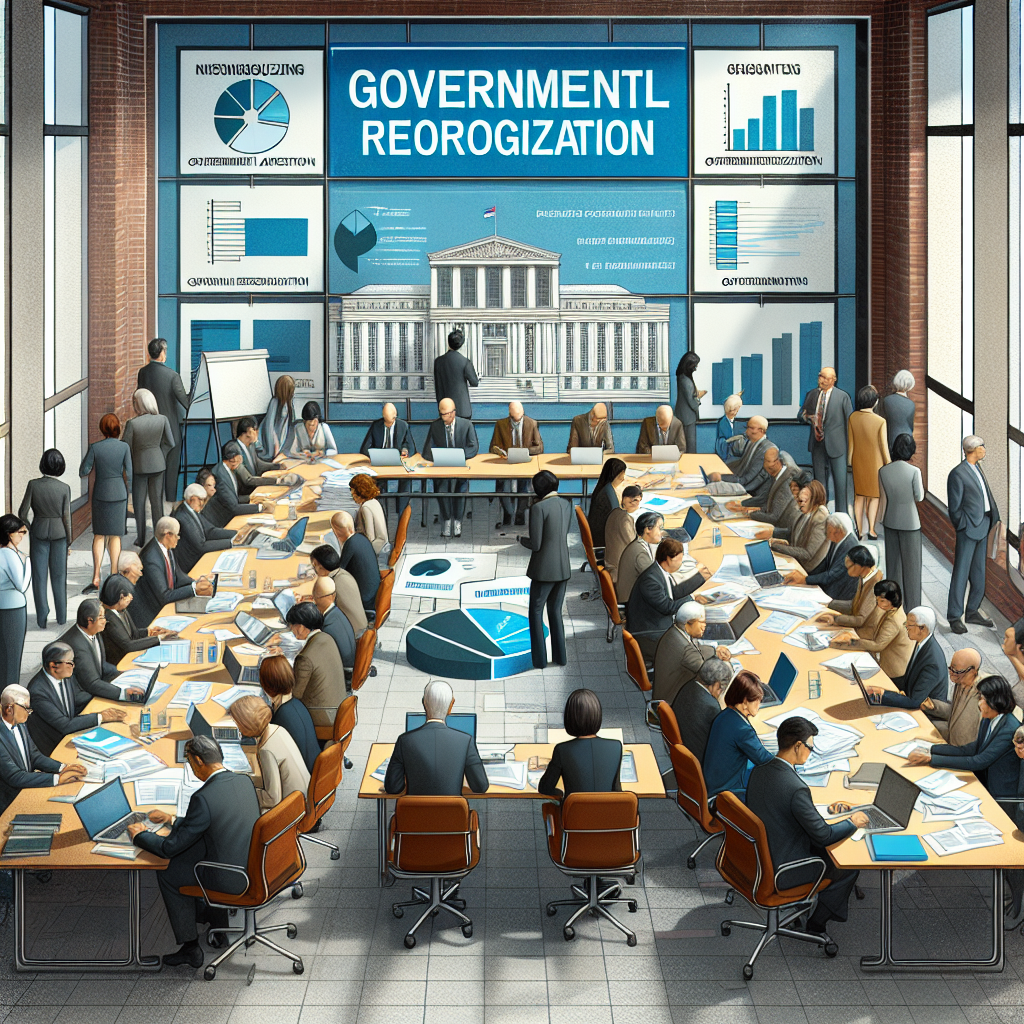US State Department Initiates Formal Process to Disband USAID
US State Department Initiates Formal Process to Disband USAID
Overview
The US State Department has announced the commencement of a formal process to disband the United States Agency for International Development (USAID). This significant move marks a potential shift in how the United States approaches foreign aid and development assistance.
Key Reasons Behind the Decision
- Streamlining Operations: The State Department aims to consolidate foreign aid efforts to enhance efficiency and reduce redundancy.
- Budgetary Constraints: Financial considerations have played a crucial role, with the government seeking to optimize resource allocation.
- Policy Realignment: A strategic realignment of foreign policy priorities is driving the decision to reassess the role of USAID.
Potential Implications
- Impact on Global Aid: The dissolution of USAID could significantly affect international development projects and partnerships.
- Domestic Repercussions: The move may lead to job losses and restructuring within the agency and related sectors.
- Diplomatic Relations: Changes in aid distribution could alter the US’s diplomatic relationships with recipient countries.
Reactions and Responses
The announcement has elicited varied reactions from different stakeholders:
- Supporters: Advocates argue that the move will lead to more effective use of taxpayer dollars and a more focused foreign policy.
- Critics: Opponents warn of the potential negative impact on global development efforts and the US’s international standing.
- International Community: Global partners are closely monitoring the situation, concerned about the future of ongoing projects.
Conclusion
The US State Department’s decision to initiate the disbandment of USAID represents a pivotal moment in the country’s approach to international aid. While aimed at improving efficiency and aligning with current policy priorities, the move carries significant implications for global development, domestic employment, and international relations. As the process unfolds, stakeholders will be keenly observing the outcomes and adjustments that follow.

































